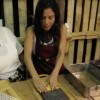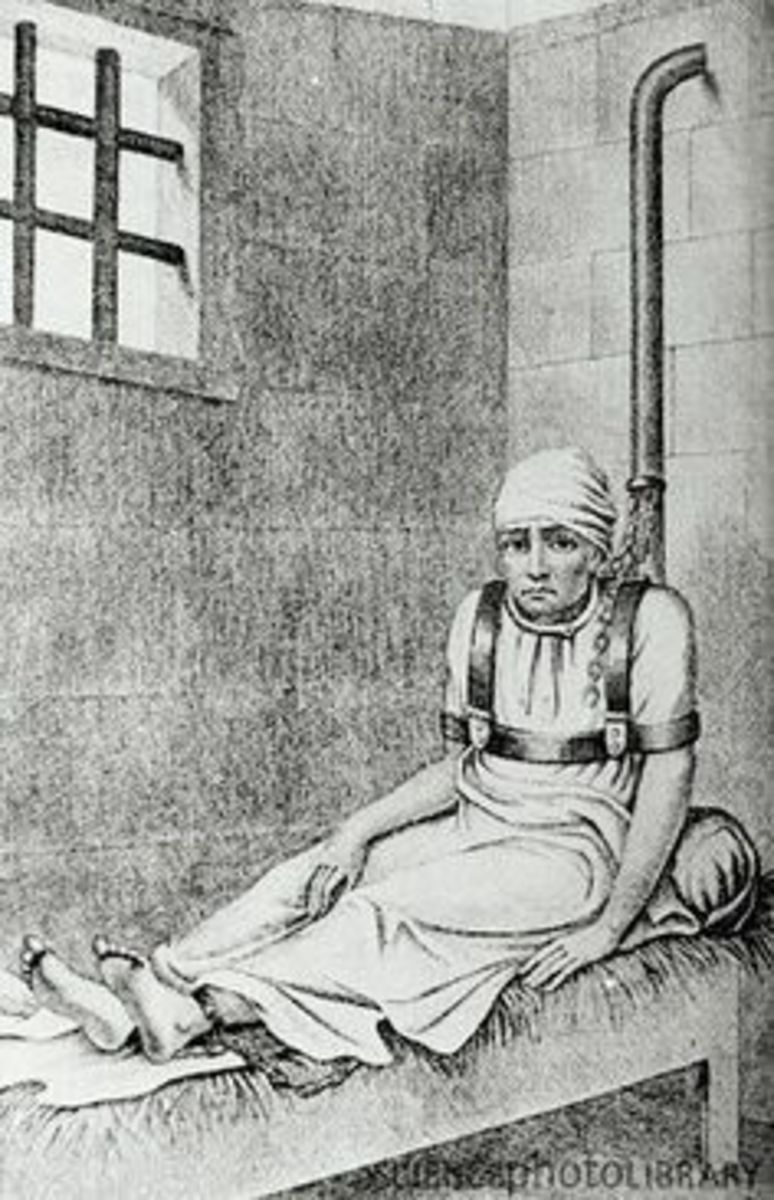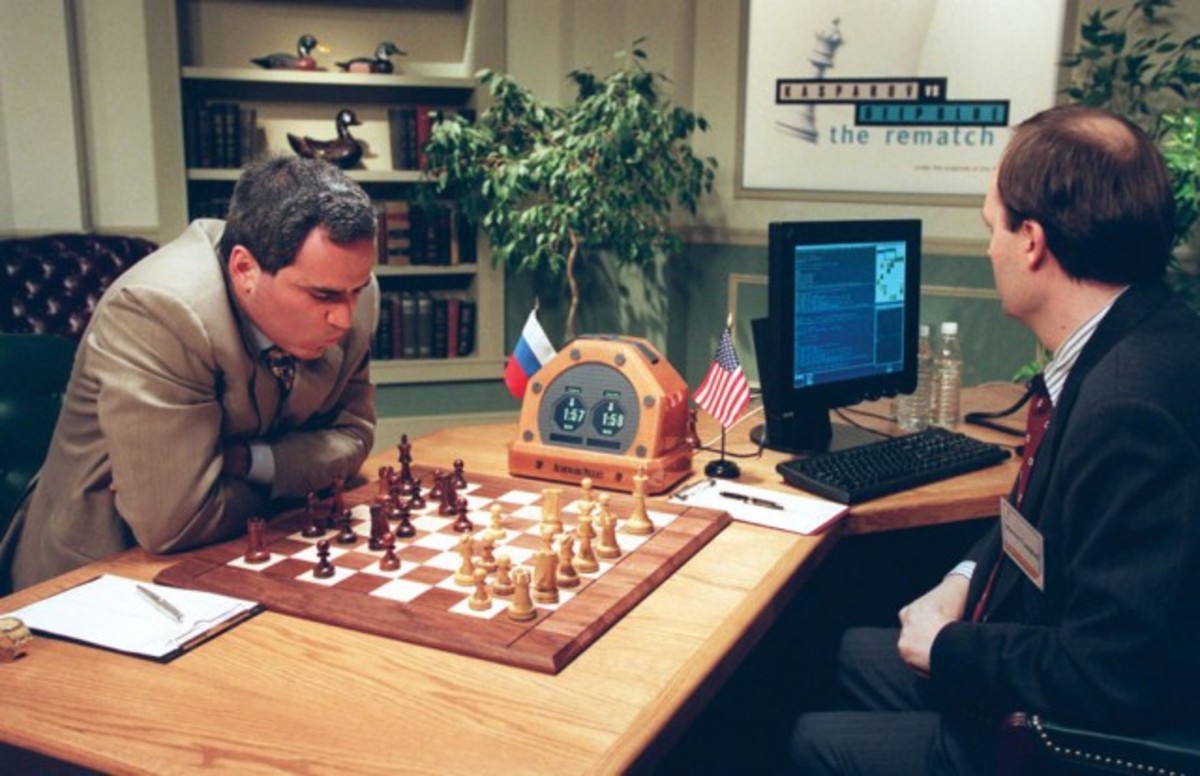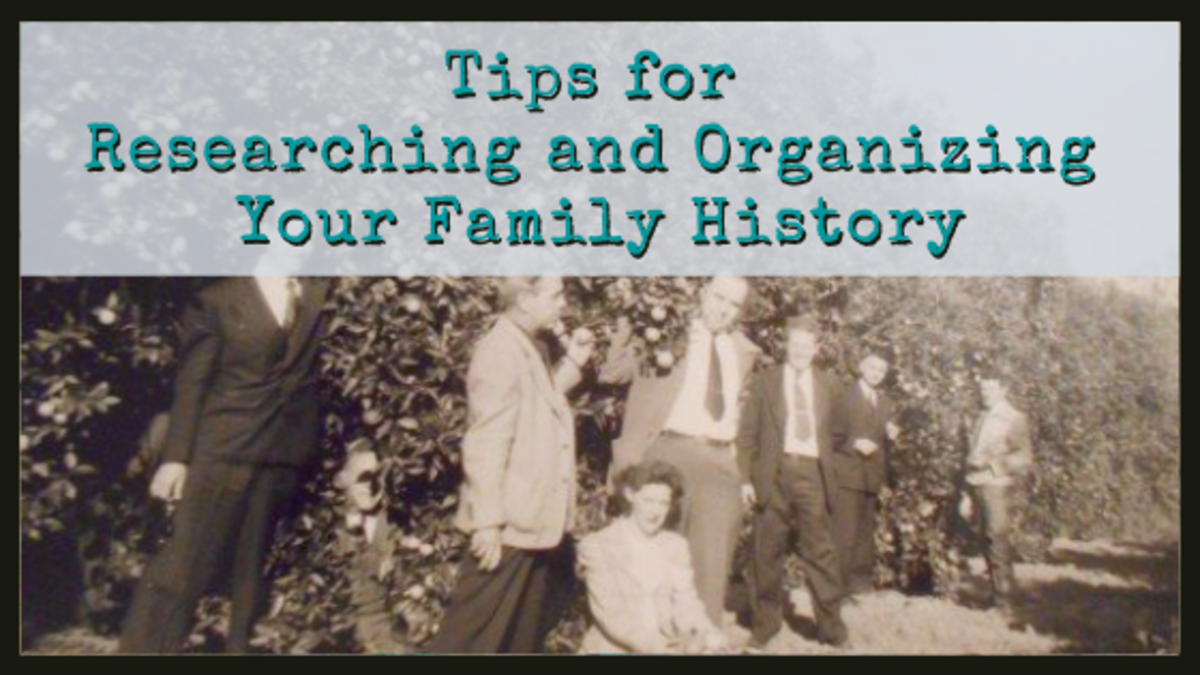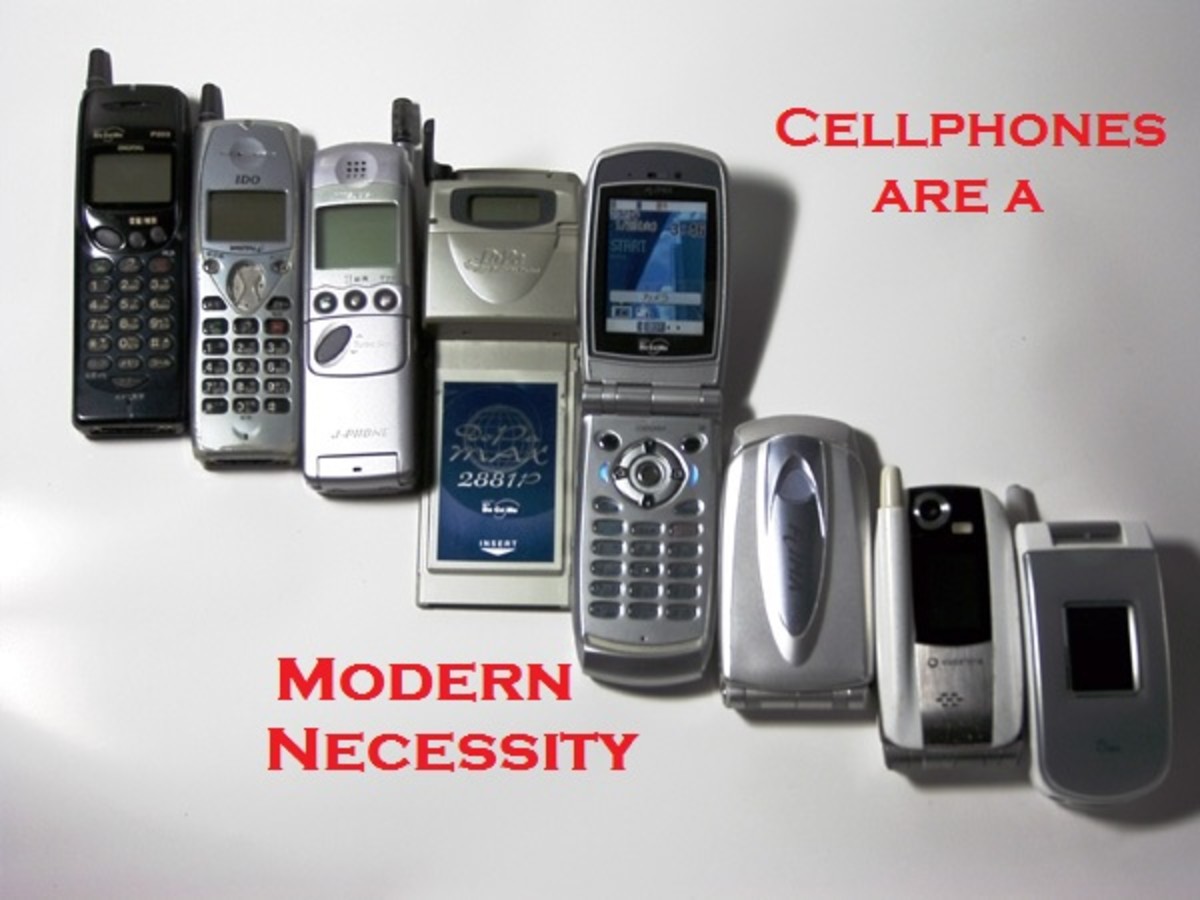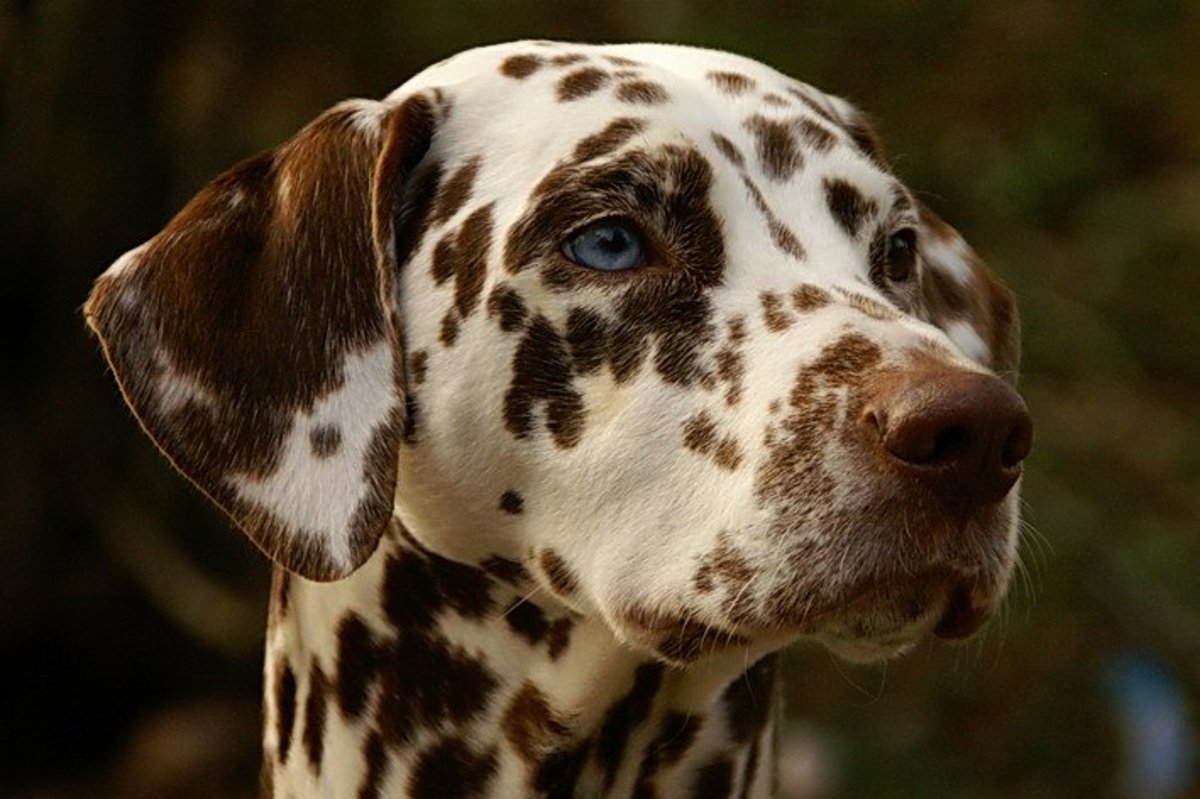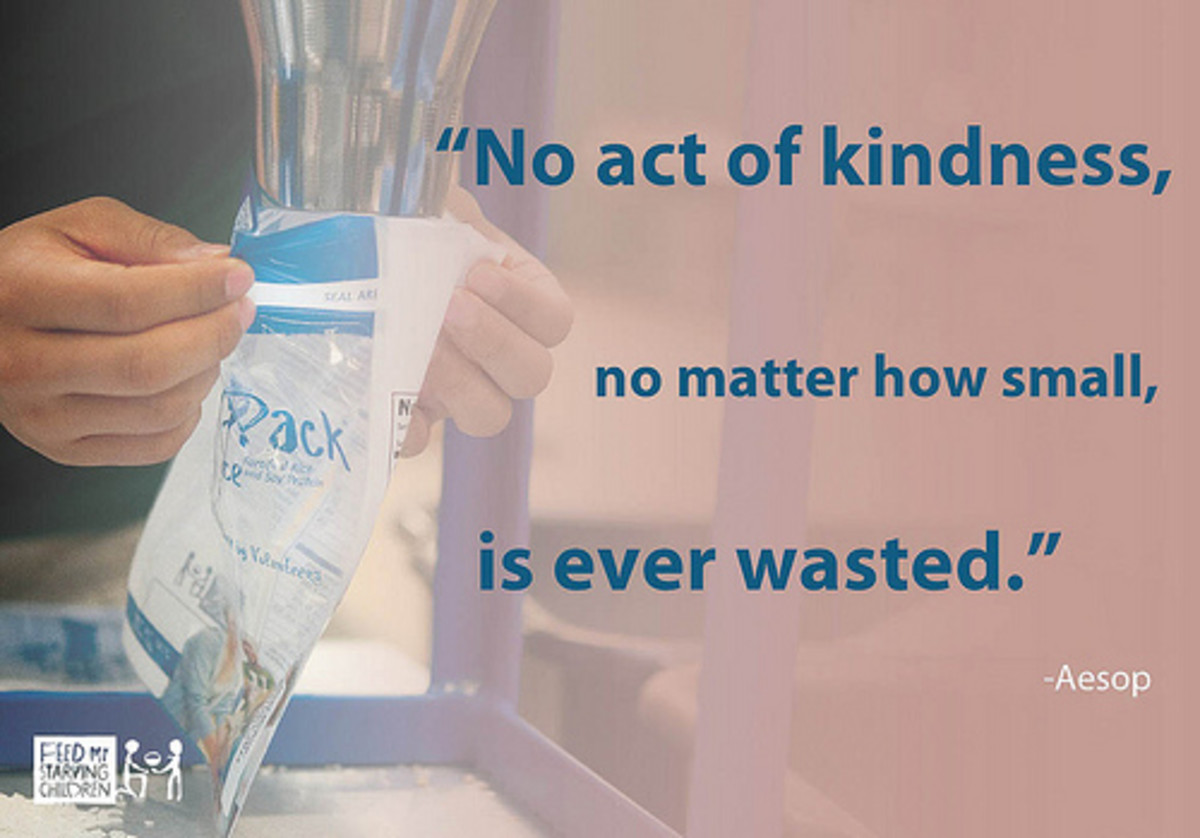The Research Journey
A Journey with Three Parts
A research paper, just like life, is a journey; a journey with three parts: a beginning, middle and end. And there’s more than one way to write a research paper, just like there is more than one way of going on a journey. It’s not only about coming up with a thesis statement and looking for sources to support it. Writing a research paper is about making history using our original voice.
“The time will come when diligent research over long periods will bring to light things which now lie hidden."
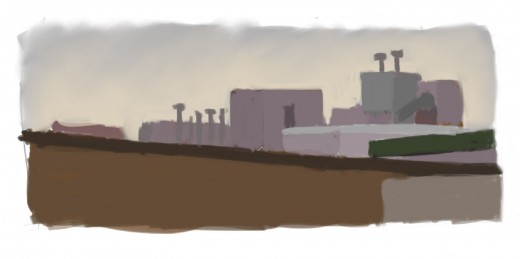
A Work of Art
Many good research papers have a touch of poetics. Names, dates, places, and happenings are described with flare, never letting the descriptions slow the thesis statement to a crawl, of course. Research papers can truly be one of a kind and good researchers consider theirs not only work but a work of art.
Begin by Asking Yourself
Begin by asking yourself what you want to write about. What are you interested in? What are you knowledgeable on? What do you feel qualified to discuss? You have to dedicate some time to thinking about these; it would be less ideal to work on something that you aren’t really that interested in.
Look
Okay, think of a number from 1 to 30. Then, look below and consider writing a research paper on the topic that is next to the number you chose.
1. General Topic: The history of a game
Preliminary Thesis Statement: “The history of games dates to the ancient human past. Games are an integral part of all cultures and are one of the oldest form of human social interaction.”
Preliminary Search for Sources: Search for information on what is a game, history
2. General Topic: The history of a sport
Preliminary Thesis Statement: “The history of sport involves the study of historical forces, institutions, and personalities that have shaped sport and physical activity.”
Preliminary Search for Sources: Search for information on what is a sport, history
3. General Topic: A color in history
Preliminary Thesis Statement: “When we recall colors in the mind's eye, each person pictures a slightly different sensation, and no person experiences precisely the same color.”
Preliminary Search for Sources: Search for information on what is a color, history
4. General Topic: The history of a piece of clothing
Preliminary Thesis Statement: “Any item of clothing hides a secret. At times, this object is a real miniature work of art.”
Preliminary Search for Sources: Search for information on what is clothing, history
5. General Topic: The history of a bill
Preliminary Thesis Statement: “Comparing the various versions of a bill as it moved throughout the legislative process may help in determining the intended meaning of the law.”
Preliminary Search for Sources: Search for information on what is a bill, history
6. General Topic: The history of a corporation
Preliminary Thesis Statement: “The concept of corporate responsibility is often assumed to be recent in origin. This is far from accurate.”
Preliminary Search for Sources: Search for information on what is a corporation, history
7. General Topic: The history of a drug
Preliminary Thesis Statement: “Drug use and drug abuse are as old as mankind itself.”
Preliminary Search for Sources: Search for information on what is a drug, history
8. General Topic: The history of a human right
Preliminary Thesis Statement: “Documents asserting individual rights, such as the Magna Carta (1215), the Petition of Right (1628), the US Constitution (1787), the French Declaration of the Rights of Man and of the Citizen (1789), and the US Bill of Rights (1791) are the written precursors to many of today’s human rights documents.”
Preliminary Search for Sources: Search for information on what is a human right, history
9. General Topic: The history of a social movement
Preliminary Thesis Statement: “Freedom of expression, education and relative economic independence prevalent in the modern Western culture are responsible for the unprecedented number and scope of various contemporary social movements.”
Preliminary Search for Sources: Search for information on what is a social movement, history
10. General Topic: The history of a civil right
Preliminary Thesis Statement: “From the past to the present, every civil right is one of the most powerful forces in American History; the promise of equality for all.”
Preliminary Search for Sources: Search for information on what is a civil right, history
11. General Topic: The history of an institution
Preliminary Thesis Statement: “Economic history is the history of institutions, the social ways of getting and spending, as they evolved in one or several cultures.”
Preliminary Search for Sources: Search for information on what are institutions, history
12. General Topic: The history of a social custom
Preliminary Thesis Statement: “The United States is such a huge and socially diverse country that any attempt to generalize its social customs here would be folly.”
Preliminary Search for Sources: Search for information on what is a social custom, history
13. General Topic: The history of a slogan
Preliminary Thesis Statement: “The changing values and attitudes of customers - plus the inherent difficulty of finding the right few words on the first (or twenty-first) try - means most slogans do not stand the test of time.”
Preliminary Search for Sources: Search for information on what is a slogan, history
14. General Topic: The history of a symbol
Preliminary Thesis Statement: “Symbols hold the mind to truth but are not themselves the truth; hence it is illusory to borrow them. Each civilization, every age, must bring forth its own.”
Preliminary Search for Sources: Search for information on what is a symbol, history
15. General Topic: The history of an idiom
Preliminary Thesis Statement: “An idiom's figurative meaning is different from the literal meaning. There are thousands of idioms, and they occur frequently in all languages.”
Preliminary Search for Sources: Search for information on what is an idiom, history
16. General Topic: The history of a technological device
Preliminary Thesis Statement: “Technology devices history.”
Preliminary Search for Sources: Search for information on what are technological devices, history
17. General Topic: The history of an academic discipline
Preliminary Thesis Statement: “An academic discipline makes for a more educated person who interacts through a more disciplined manner in that field.”
Preliminary Search for Sources: Search for information on what is an academic discipline
18. General Topic: The history of a profession
Preliminary Thesis Statement: “A profession is something a little more than a job; it is a career for someone that wants to be part of society.”
Preliminary Search for Sources: Search for information on what is a profession
19. General Topic: The history of censorship
Preliminary Thesis Statement: “Censorship has followed the free expressions of men and women like a shadow throughout history.”
Preliminary Search for Sources: Search for information on the history of censorship
20. General Topic: The history of a taboo
Preliminary Thesis Statement: “Taboos are present in virtually all societies.”
Preliminary Search for Sources: Search for information on what is taboo, history
21. General Topic: The history of a superstition
Preliminary Thesis Statement: “Some superstitions are so ingrained in our culture that everyone, from lay people to scientists, succumb to them.”
Preliminary Search for Sources: Search for information on what is superstition, history
22. General Topic: The history of an office
Preliminary Thesis Statement: “Many people might think of office-bound life as a modern phenomenon, but there's a long history of people chained to their desks.”
Preliminary Search for Sources: Search for information on what are offices, history
23. General Topic: The history of a piece of music
Preliminary Thesis Statement: “Great pieces of music are timeless.”
Preliminary Search for Sources: Search for information on what are pieces of music, history
24. General Topic: The history of a drink
Preliminary Thesis Statement: “The drinks of history are familiar enough that we can understand and appreciate them, while different enough to teach us something.”
Preliminary Search for Sources: Search for information on history of drinks
25. General Topic: The history of a law
Preliminary Thesis Statement: “Every law is closely connected to the development of a civilization and is set in the wider context of social history.”
Preliminary Search for Sources: Search for information on what are laws, history
26. General Topic: The history of a dance
Preliminary Thesis Statement: “Dancing has always been significant in the lives of human beings as both a common amusement and a solemn duty.”
Preliminary Search for Sources: Search for information on what is dance, history
27. General Topic: The history of an alternative medicine
Preliminary Thesis Statement: “From reflexology and rolfing to shiatsu and dream work, we are confronted today by a welter of alternative medical therapies.”
Preliminary Search for Sources: Search for information on what is alternative medicine, history
28. General Topic: The history of a crime
Preliminary Thesis Statement: “Behaviors become crimes through a process of social construction. The same behavior may be considered criminal in one society and an act of honor in another society or in the same society at a different time.”
Preliminary Search for Sources: Search for information on the definition of crime, history
29. General Topic: The history of a stereotype
Preliminary Thesis Statement: “A stereotype is one way by which history affects present life.”
Preliminary Search for Sources: Search for information on what are stereotypes, history
30. General Topic: The history of a belief
Preliminary Thesis Statement: “Beliefs are inward convictions, a feeling of certainty about what something means.”
Preliminary Search for Sources: Search for information on define belief, history
Highlight an Issue and Propose a Solution
Let’s say that a couple of researchers are interested in the topic of animal rights and, because of their interest, they would like others to feel empathy towards animals and acknowledge the issues. These researchers then would probably include in the content of their papers particular information to appeal to the emotions of their readers (information such as stories, cases, or anecdotes, some taken from personal experience) trying to persuade the audience into at least considering the importance of animal rights. That is, giving an individual touch to their writing and making it simultaneously professional and personal, and also imperative and vital. Yes, imperative and vital because a successful research paper can highlight an issue and propose a solution for it.
A Key Question
A key question to ask yourself when deciding on a topic for a research paper is: "What is my general purpose for it?" There are two general purposes for researching:
1. To Inform: The researcher provides information to the audience or gives new insights into information that the audience may already have.
2. To Persuade: The researcher attempts to change an attitude or belief in the audience (convince), or the researcher attempts to move the audience to a specific action (motivate).
Drawing from Our Own Experience
Now, you and I don’t want to just write a research paper. We want to write a research paper that people want to read, with words that are deep and realistic, facts that draw us into a person’s life and allow us to learn, think and feel something new. How do we do this?
We ought to write from an area of our own knowledge, drawing from our own experience. For instance: having nine tattoos, being the relative of someone that has Alzheimer’s, being the significant other of someone that has a physical disability, the guardian of a rescued pet, a single mom or dad working two jobs and going to college, an immigrant, a missionary, an artist, a person wrongly convicted, a time traveler, a daydreamer ... Basically, people like to read specifics about unique and inspiring persons living their unique and inspiring lives. Everyone can draw from their own life, knowledge, history, and experience, mapping the journey of the research to be done.
"It is the trunk and limbs that give the tree its grandeur and the leaves themselves their meaning."
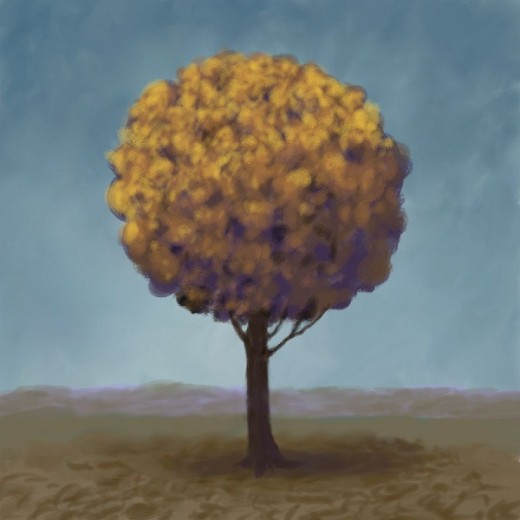
© 2018 Aydasara Ortega Torres
